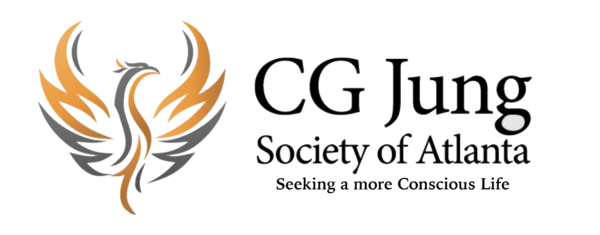Carl Gustav Jung
The great events of world history are, at bottom, profoundly unimportant. In the last analysis, the essential thing is the life of the individual.
This alone makes history, here alone do the great transformations first take place, and the whole future, the whole history of the world, ultimately spring as a gigantic summation from these hidden sources in individuals.
In our most private and most subjective lives we are not only the passive witnesses of our age, and it sufferers, but also its makers. We make our own epoch
– C.G. Jung, 1934 Collected Works 10, para. 315
C.G. Jung (1875-1961) was a Swiss psychiatrist who founded the school of depth psychology known as “analytical psychology.” Educated in Basel, he spent the rest of his life in Zurich, working as an analyst, educator, and writer. His work is grounded in his classical education, clinical experience, respect for diverse cultures, and lifelong interest in human spiritual development.
Building on Freud’s discovery of the unconscious, Jung went deeper and explored the collective unconscious, or “objective psyche.” He studied dreams, mythology, and literature and uncovered the “archetypal” or universal patterns that form the structure of the psyche. His research into eastern religions and the study of alchemy led him to connect these ancient traditions with what he called “individuation,” the search for value and meaning in human experience.
Although he is often seen as a philosopher and spiritual pioneer, Jung always insisted that he was first and foremost a scientist and a doctor. He stressed the importance of maintaining a balance between consciousness and the unconscious so that the unconscious informs but does not overwhelm individual consciousness.
Since his death in 1961, Jung’s work has become widely known. The first Institutes for the training of Jungian analysts were founded in the early 1940s in San Francisco and in Zurich in 1948. There are now training Institutes throughout the world.
When Carl Jung embarked on an extended self-exploration he called his “confrontation with the unconscious,” the heart of it was The Red Book, a large, illuminated volume he created between 1914 and 1930. Here he developed his principal theories—of the archetypes, the collective unconscious, and the process of individuation—that transformed psychotherapy from a practice concerned with the treatment of the sick into a means for the higher development of the personality.


